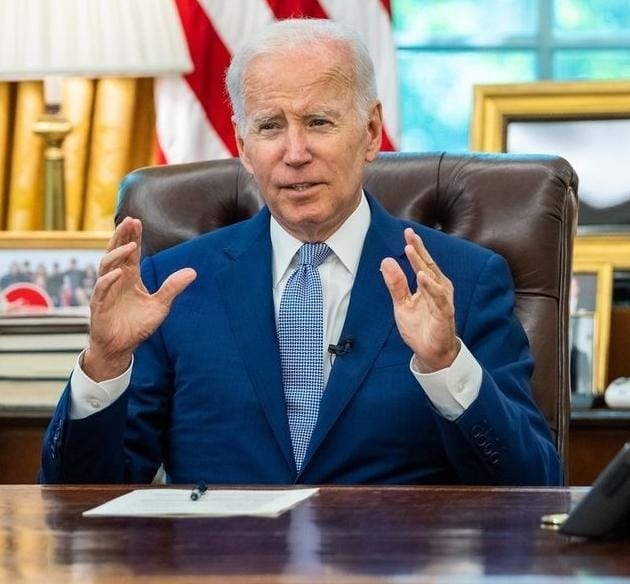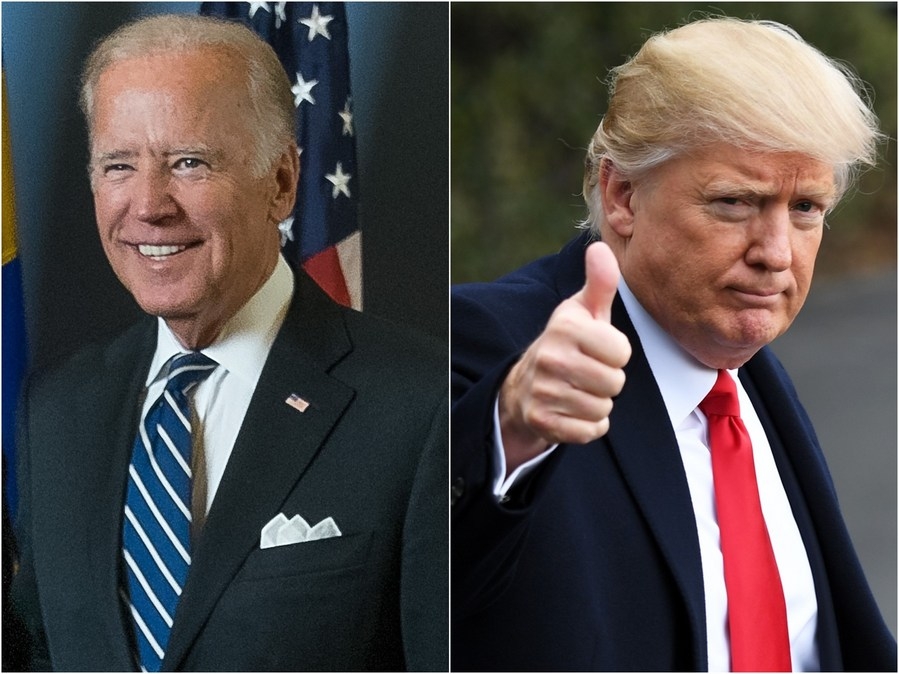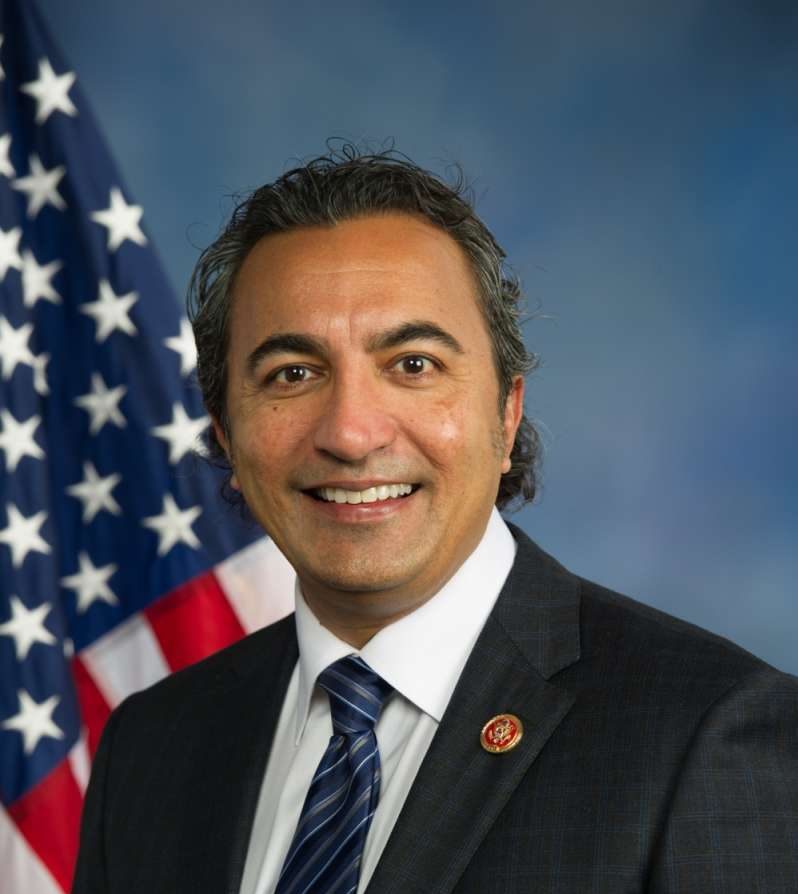More than a week after Election Day, Republicans secured the 218th seat needed to flip the House from Democratic control, reports Yashwant Raj
The US will have a divided government for the next two years as the Republican party finally secured the House of Representatives on Wednesday days after polling in midterm elections closed on November 3.
Democrats will control the Senate, which they secured last week, and the White House, which was not on the ballot.
The days of ambitious legislations such as those that marked the first two years of President Joe Biden’s term – infrastructure, climate change and healthcare extension, are over. There will be instead a litany of congressional investigations into the Biden administration and bitter confrontations between the White House and the Republican-controlled House.
These tensions will be exacerbated by the 2024 presidential elections that got underway with former President Donald Trump announcing his third bid for the White House – 2016 and 2020 were the earlier two – on Tuesday. It will only pick up more heat from hereon.
For now, however, Biden, who takes pride in his ability to work with the other side drawing upon nearly 50 years of political experience as senator, vice-president and now president, congratulated the Republicans and promised to work with them. “I congratulate Leader McCarthy on Republicans winning the House majority, and am ready to work with House Republicans to deliver results for working families,” he said in a statement.
But he also reminded the Republicans of the midterm verdict, which spared the Democrats the kinds of searing defeats that parties in power have historically suffered in the first midterm election of the first term of their man (there hasn’t been a woman president yet in the US) in the White House. Former President Barack Obama called his first midterm verdict a “shellacking”.
Democrats did stunningly better than anticipated and lost the House by what is likely to be a very thin margin, and have retained the Senate (they have also flipped three states snatching their governorships from Republicans).

Biden’s message to Republicans
“In this election, voters spoke clearly about their concerns: the need to lower costs, protect the right to choose, and preserve our democracy,” Biden said, adding, “As I said last week, the future is too promising to be trapped in political warfare. The American people want us to get things done for them. They want us to focus on the issues that matter to them and on making their lives better. And I will work with anyone – Republican or Democrat – willing to work with me to deliver results for them.”
Republicans have threatened to launch congressional investigations into the Biden administration’s handling of the migrant crisis on the southern border and its handling of the Afghanistan exit. They also plan to probe his son Hunter Biden’s business dealings when the senior Biden was vice-president.
But the Republicans will also be under tremendous strain because of its razor-thin majority. It will face its first stress test on January 3 when Kevin McCathy, who was re-elected leader of the congressional caucus on Wednesday, seeks the speakership, a position that goes to the leader of the majority party.
McCarthy will need 218 votes to win. He cannot afford defections, because he is unlikely to make up for their loss with Democratic crossovers.
More than 40 Republican lawmakers voted for Andy Biggs, the challenger for the majority leadership, all of whom from the party’s ultraconservative wing known as the Freedom Caucus, many of whose members are fiercely loyal to Trump, and their votes and congressional positions could be cued by the ups and downs of the presidential primaries.
Republican candidates pledged on the campaign trail to cut taxes and tighten border security. GOP lawmakers also could withhold aid to Ukraine as it fights a war with Russia or use the threat of defaulting on the nation’s debt as leverage to extract cuts from social spending and entitlements — though all such pursuits will be tougher given how small the GOP majority may end up being.
As a senator and then vice president, Biden spent a career crafting legislative compromises with Republicans. But as president, he was clear about what he viewed as the threats posed by the current Republican Party.
Biden said the midterms show voters want Democrats and Republicans to find ways to cooperate and govern in a bipartisan manner, but also noted that Republicans didn’t achieve the electoral surge they’d been betting on and vowed, “I’m not going to change anything in any fundamental way.”













